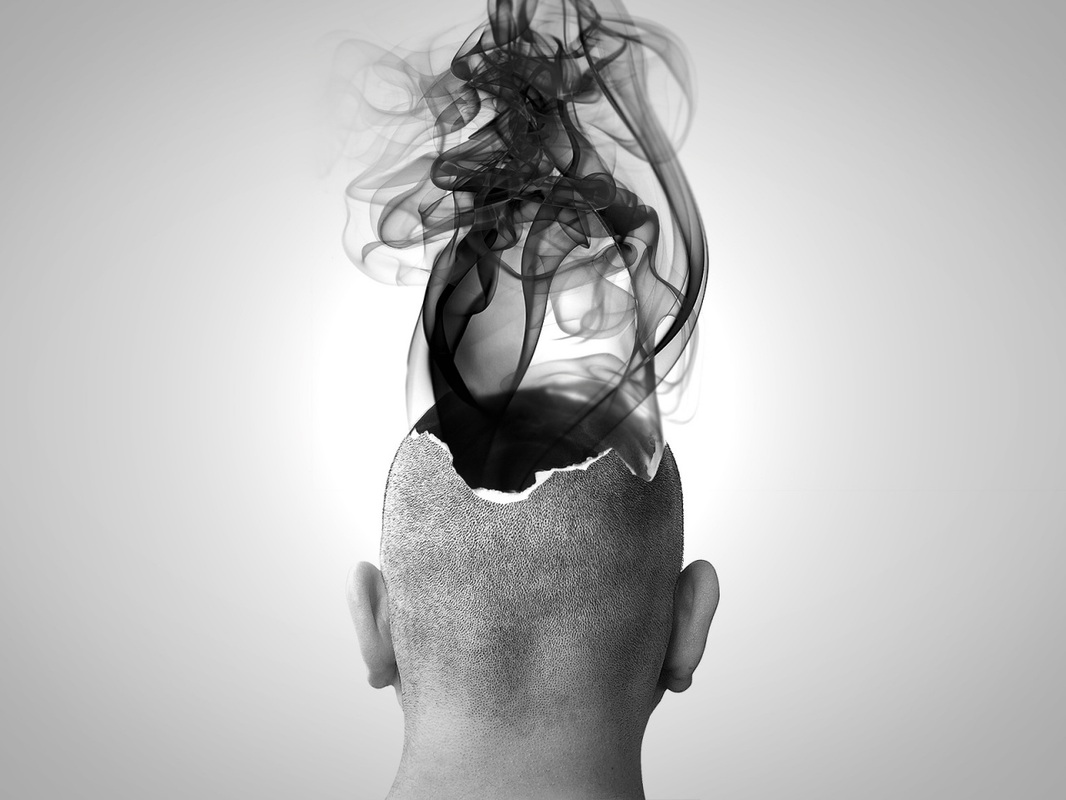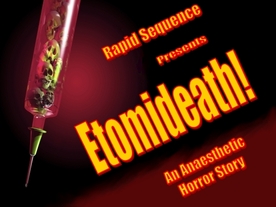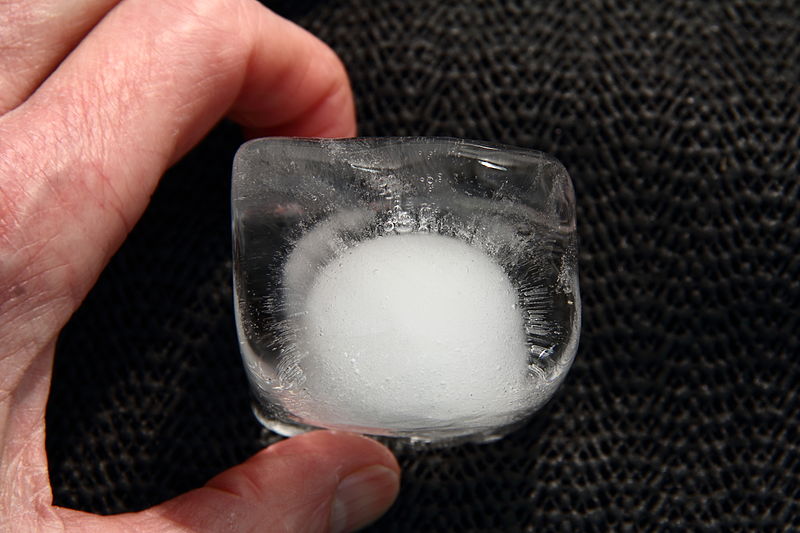Like most of these things my initial opinion was that if there is disagreement there is probably a lack of concrete evidence. Picking the right drug, for the right patient, at the right time (& being able to justify it) can be difficult. This is (partially) why I think this is a particularly interesting article.
Article: The Ketamine Effect on ICP in Traumatic Brain Injury
There are a lot of blogs covering this topic of sedative agents in TBI already so I won't go over old ground here, but links are included at the end for further reading.
Tell me about the paper
What about the methodology?
From 371 citations found they chose 7 articles, all prospective, with data on 156 patients (101 adult and 55 paediatric). 4 of the papers assessed ketamine infusions and 3 looked at bolus ketamine. All patients had severe TBI with a Glasgow Coma Scale (GCS) < or equal to 8, and all were sedated and mechanically ventilated.
The authors did a lot of work to get access to data not in journals (e.g. presented at conferences etc).
What are their findings?
In the four infusion studies there was either no difference in the ICP or a very slight increase (2 mmHg), described as "statistically...yet not clinically significant". Two studies reported in increase in CPP (by as much as 8 mmHg) and one study reported a decreased vasopressor requirement.
In fact, in three of the studies it fell. In paediatric populations bolus doses of ketamine caused a fall in ICP of almost a third. For CPP, data were lacking in two of the studies but the third showed
There was a lack of quality outcome data (therefore long term effects were difficult to comment on), but the three studies reporting Glasgow Outcome Scale (GOS) reported the ketamine group was "comparable" in one study and "favourable" in another.
Any problems/limitations?
The authors seem to have taken a pretty rigorous approach. Two individuals independently identified articles and then a similar approach was used for extracting data.
However, inspite of their broad search, the numbers are small (only 156 patients, not enough for a meta-analysis) and there was considerable differences between the methodologies of the trial (heterogeneity). They calculate the strength of evidence against ICP elevation in TBI with ketamine as GRADE C, Oxford 2b.
So where does this fit in with the rest of the evidence?
Some of the older studies which reported a rise in the ICP assessed patients spontaneously breathing. The authors of this trial assert that this results in a rise in arterial carbon dioxide, causing cerebral vasodilation and therefore an increase in an ICP.
We're left with a situation where some of the guidelines and textbooks are giving different advice to what's coming out in some of the literature (nothing new there...) A number of other articles (e.g. Chang et al., Filanovsky et al.) have challenged the current thinking and perhaps in time opinions will change (after sufficient time for knowledge transfer).
As is often the case, we're measuring a surrogate marker for 'badness'. Patients probably wouldn't really care if their ICP goes up, down, or stays the same, but rather if the outcome (e.g. neurological status) is improved.
It would be interesting to see protocols from others regarding the use of ketamine and other sedative agents in TBI and polytrauma in other hospitals.





 RSS Feed
RSS Feed
